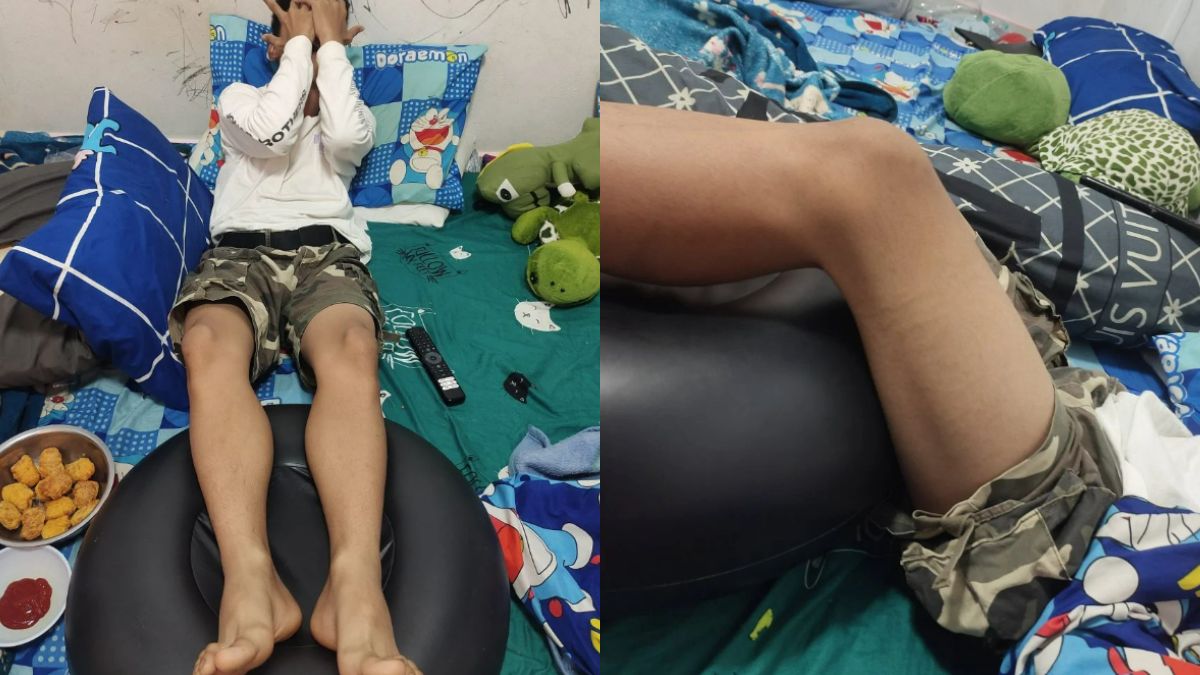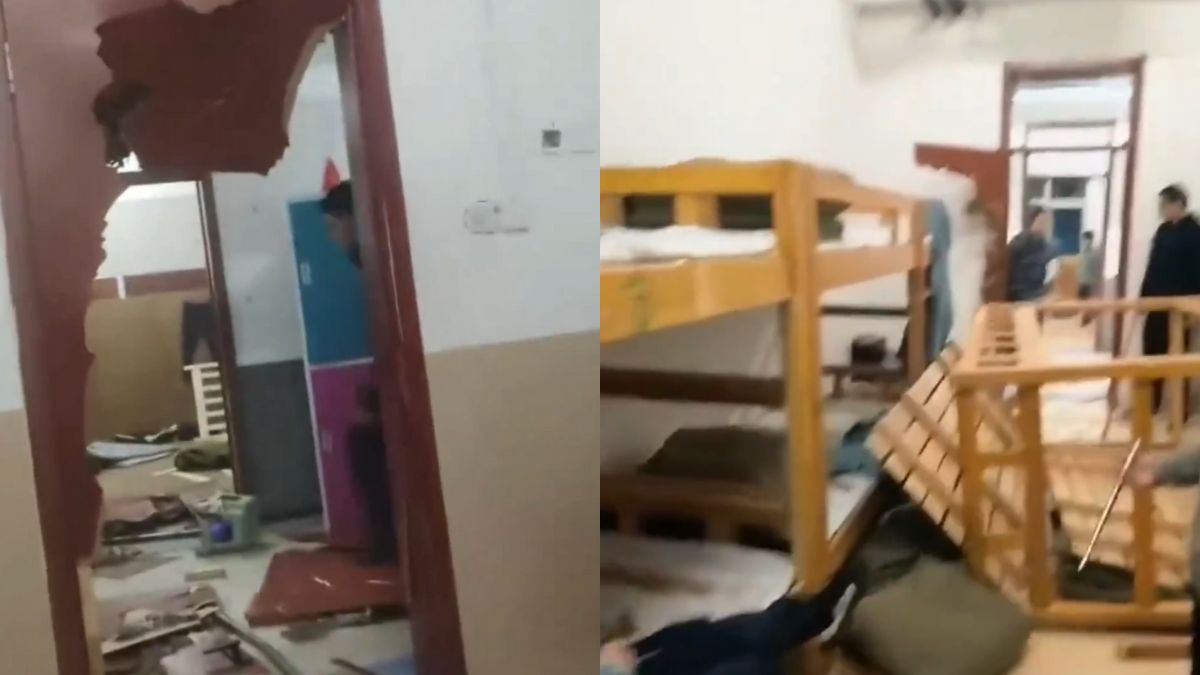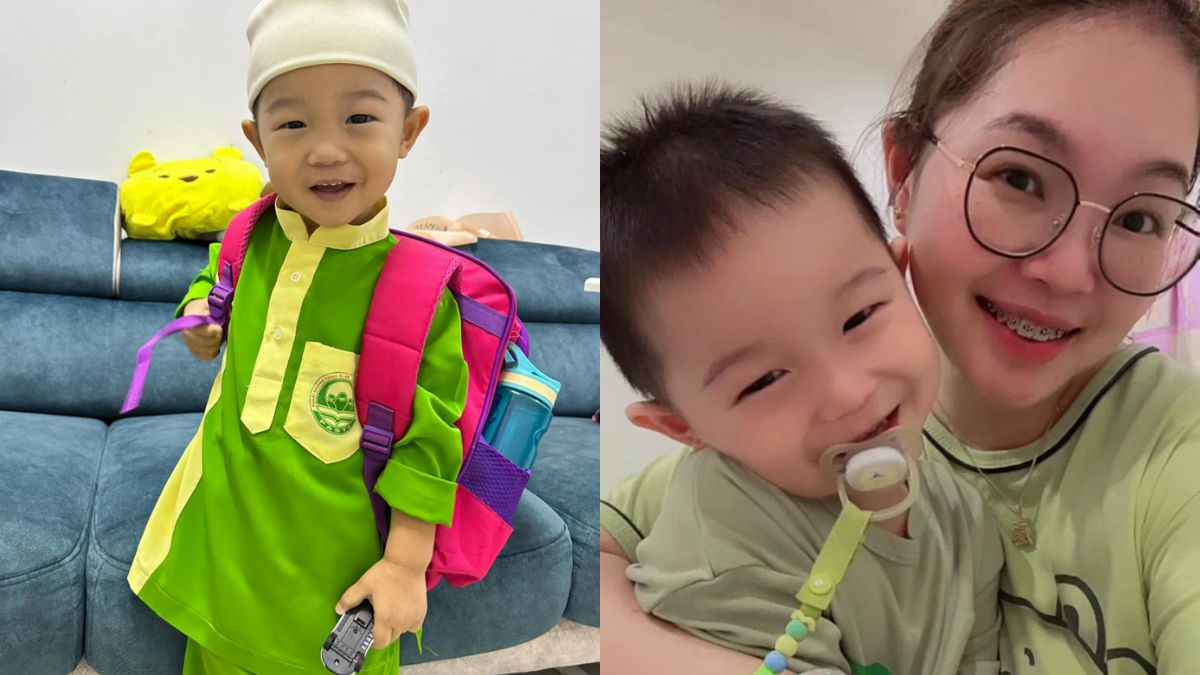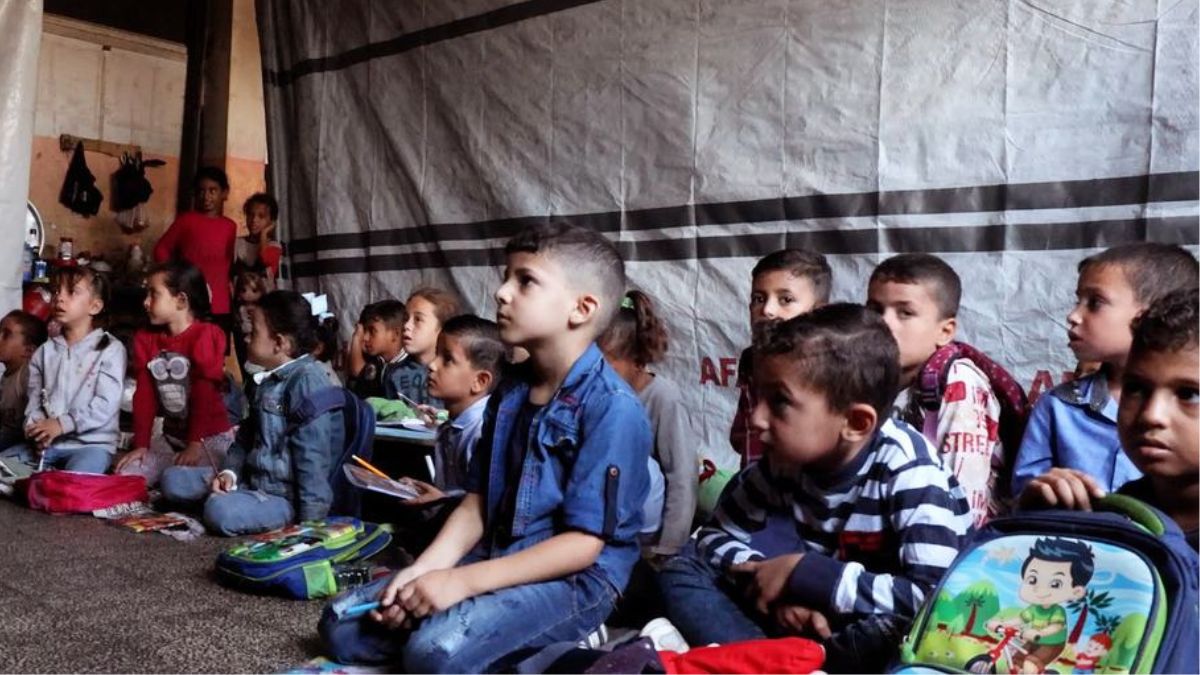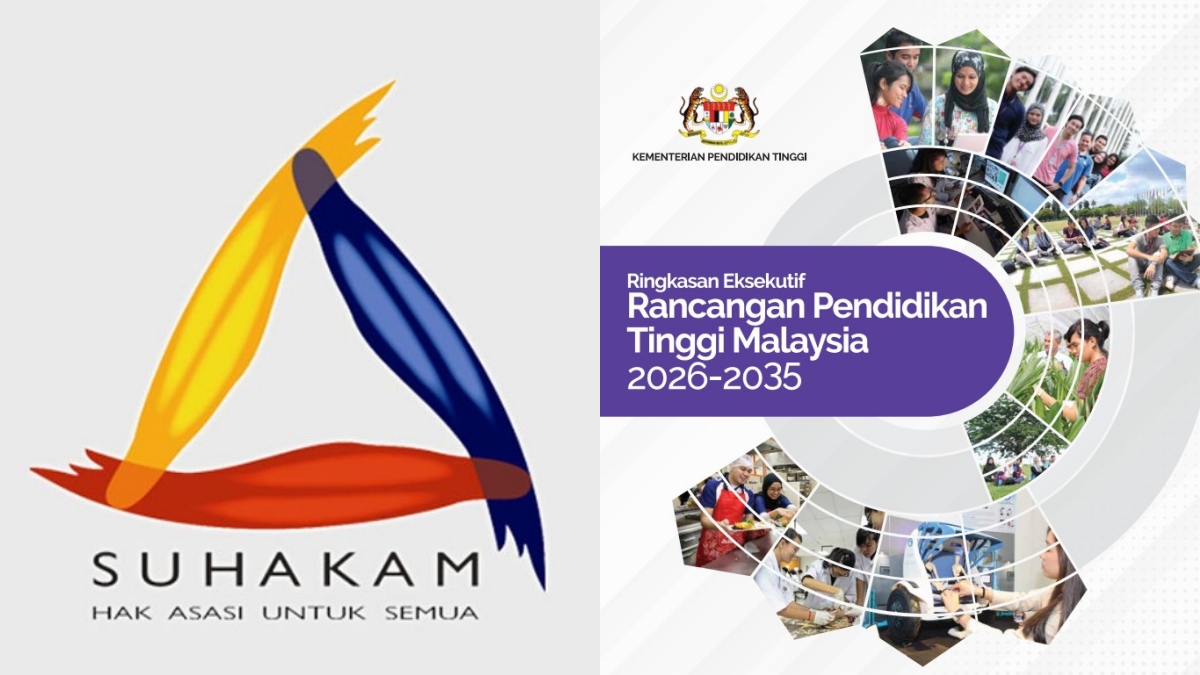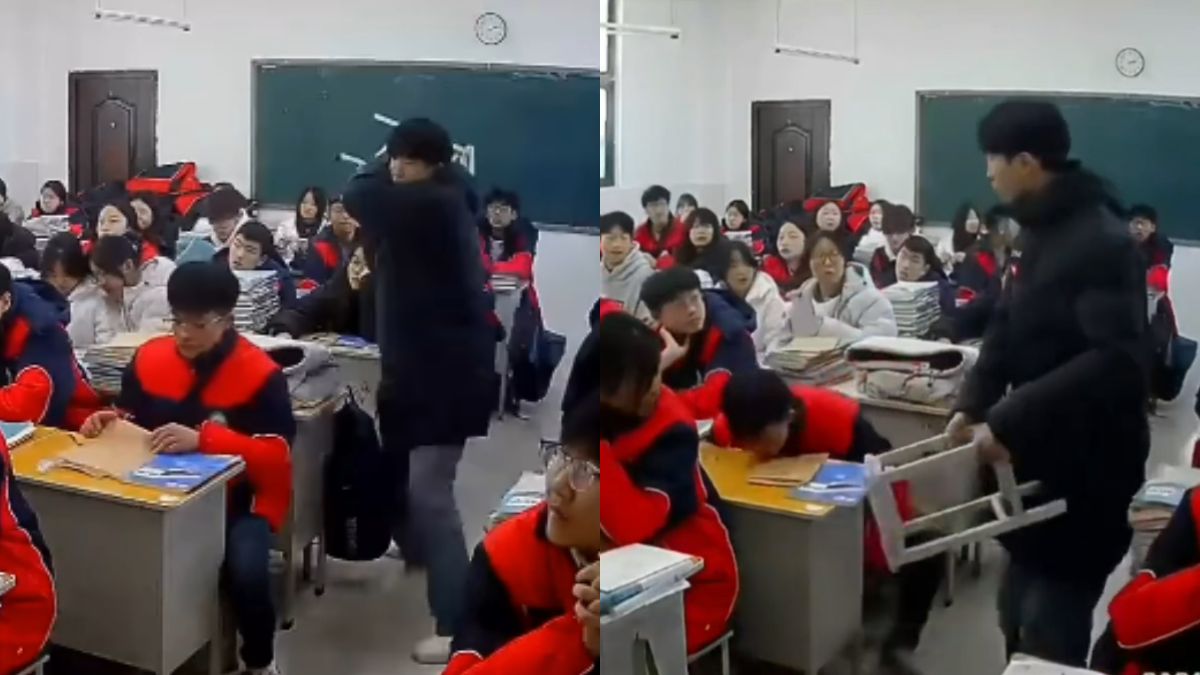Singapore engages US over Harvard visa ban as court halts Trump administration directive
Singapore’s embassy in Washington has contacted US authorities after the Trump administration revoked Harvard University’s licence to enrol foreign students, a move that could affect 151 Singaporeans. A federal judge has since issued a temporary restraining order.
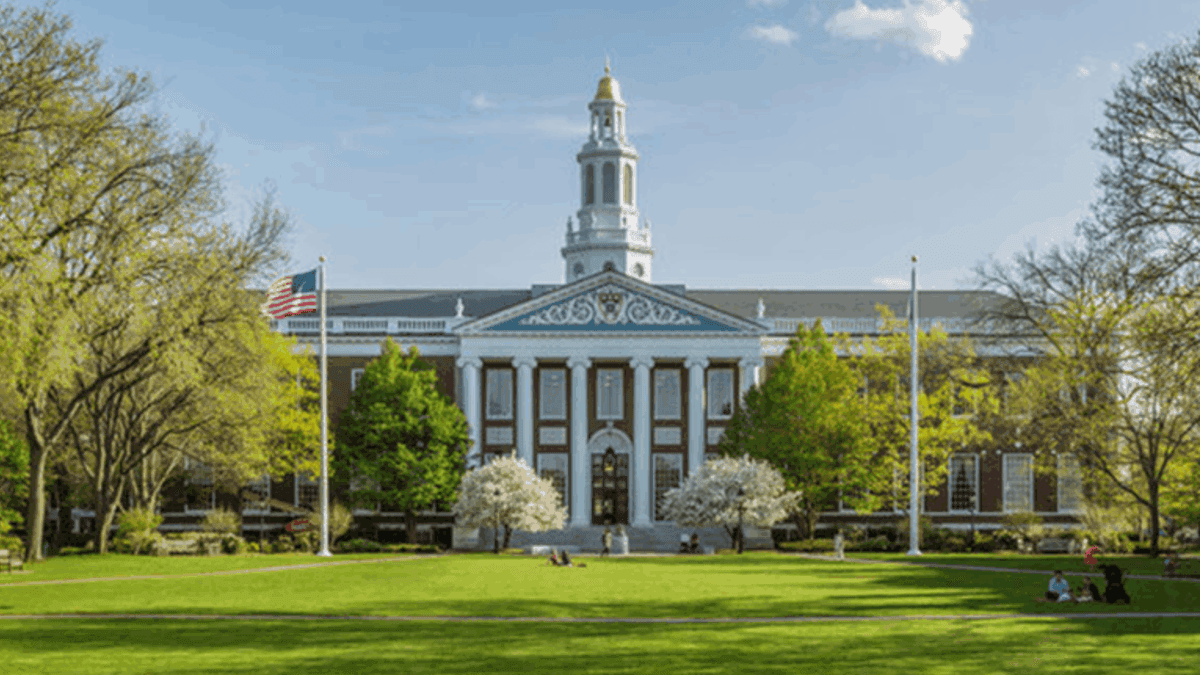
- Trump administration revokes Harvard’s SEVP certification, blocking new international enrolments.
- 151 Singaporeans affected, including 12 PSC scholars.
- US judge issues two-week restraining order, halting immediate enforcement.
- DHS accused Harvard of links to “agitators” and the CCP, but gave no evidence.
- Singapore MFA creates support channels and plans a virtual town hall on 30 May.
- Legal hearing later this week will decide the directive’s fate.
Singapore’s embassy in Washington, DC, has contacted the US Department of State and the Department of Homeland Security (DHS) following the Trump administration’s decision to revoke Harvard University’s Student and Exchange Visitor Programme (SEVP) certification.
The move, announced on 22 May 2025, prevents Harvard from enrolling new international students and throws the legal status of thousands of existing foreign enrollees into doubt.
In a statement reported by CNA, Singapore’s Ministry of Foreign Affairs (MFA) said it is monitoring the academic impact on Singaporean students and has set up support channels for those affected.
According to Harvard’s official data, 151 Singaporeans are currently enrolled, including 12 Public Service Commission (PSC) scholarship holders, who are bonded to serve in Singapore’s public sector after graduation.
Court grants temporary reprieve
Harvard swiftly challenged the directive in court, filing a lawsuit that described the action as “unconstitutional, arbitrary, and retaliatory.”
On 23 May, US District Court Judge Allison Burroughs issued a two-week restraining order, blocking the government’s order from taking immediate effect.
In her ruling, Judge Burroughs agreed with Harvard’s claim that the university would face “irreparable harm” if the revocation proceeded before a full hearing.
Harvard said that if enforced, the directive would:
-
Invalidate the visas of more than 7,000 students,
-
Potentially halt international admissions for up to two years,
-
And eliminate nearly a quarter of its student body.
DHS allegations fuel tensions
The DHS defended the decision by accusing Harvard of harbouring “anti-American, pro-terrorist agitators” and colluding with the Chinese Communist Party (CCP).
However, the agency has not released evidence to substantiate the claims.
Harvard categorically denied wrongdoing, stating that its policies promote academic freedom and comply with campus security requirements.
The case has further strained relations between the Trump administration and the university, which have been locked in disputes over admissions policies and handling of alleged antisemitism.
Singapore sets up support channels
Singapore’s MFA said its Consular Department and the Singapore Global Network have created a dedicated communication channel for Singaporean students at Harvard. Students can register online to receive updates.
The Singapore Ambassador in Washington is scheduled to host a virtual town hall on 30 May for affected students.
“Students are advised to stay in close contact with Harvard’s International Student Services for the latest updates,” an MFA spokesperson said.
Most Harvard students had already concluded their semester before the announcement, with many Singaporeans back home for the summer break. But uncertainty remains over whether they will be allowed to re-enter the US when classes resume.
Political backdrop: Harvard vs Trump administration
The dispute marks the latest escalation between the White House and Harvard.
Over the past year, federal officials have demanded that Harvard:
-
Revise its admissions policies,
-
Submit disciplinary records of foreign students,
-
And take stronger action against alleged antisemitism on campus.
The administration also raised concerns about the university’s links with Chinese institutions. In 2024, about 20% of Harvard’s foreign students were from China, a statistic that has fueled scrutiny from lawmakers warning of foreign influence in higher education.
Harvard counters that it has tightened governance and transparency measures in response to concerns, submitting “thousands of data points” to federal agencies.
University officials say they have not received clarity from DHS about what information was deemed lacking.
Student anxiety amid legal limbo
The uncertainty has rattled Harvard’s 6,800 international students, many of whom are enrolled in graduate-level programmes.
Some Singaporeans told CNA they were worried about being denied entry visas, while others said they were considering backup options at universities in Canada or the UK if the US directive is upheld.
One Singaporean student, speaking on condition of anonymity, said:
“I was planning to begin a research project in Boston this summer, but now I don’t even know if I’ll be allowed back in. It feels like our future is caught in political crossfire.”
White House defends action
The White House criticised Judge Burroughs’ restraining order, arguing it undermines both national security and executive authority.
“Universities cannot be treated as immune zones where foreign influence thrives unchecked,” said spokeswoman Abigail Jackson.
She added that the administration would pursue “all legal avenues” to reinstate the revocation.
Harvard warns of “devastating” consequences
Harvard said the impact of the policy would be “immediate and devastating” not only for students but also for academic programmes that rely heavily on international participation.
The university emphasised that foreign students contribute significantly to research output and diversity on campus.
“Removing them would erase decades of progress in building a global academic community,” Harvard’s legal filing stated.
Legal battle ahead
The restraining order buys Harvard time, but the legal fight is only beginning. A hearing on the directive’s legality is expected later this week.
Key issues for the court include:
-
Whether DHS followed proper legal procedures in revoking SEVP certification.
-
Whether the directive unfairly targets specific groups without evidence.
-
And whether the measure violates constitutional protections for universities and their students.
Observers say the case could set a precedent for how far the federal government can go in using immigration rules to police universities.
Broader implications for Singapore
For Singapore, the outcome could have significant implications. Beyond the 151 Singaporeans at Harvard, many others are enrolled at Ivy League and top-tier US universities that could face similar scrutiny.
The MFA has said it will continue to engage US counterparts and advocate for the welfare of Singaporean students.
Meanwhile, education experts warn that prolonged uncertainty could prompt more Singaporean students to choose universities in the UK, Australia, or Singapore’s own institutions, which have been actively expanding graduate programmes.


